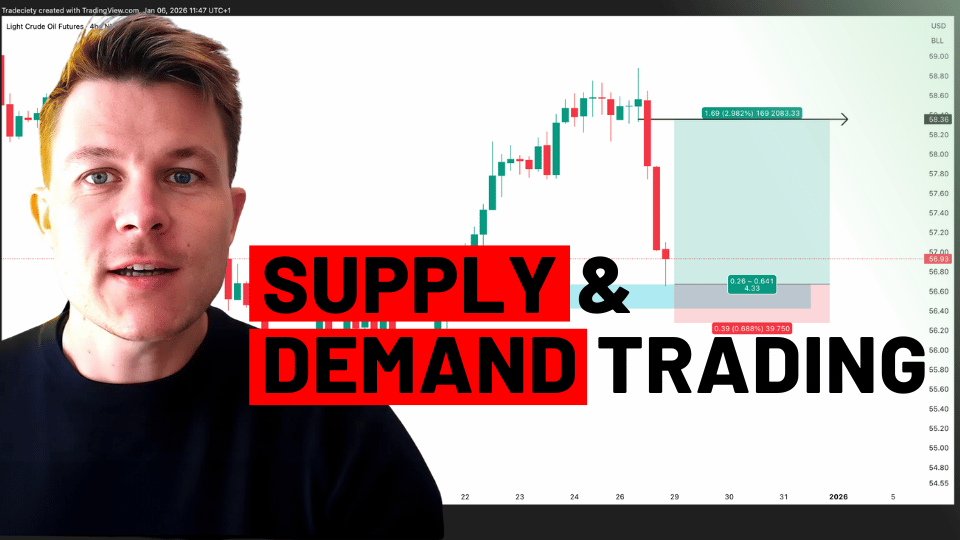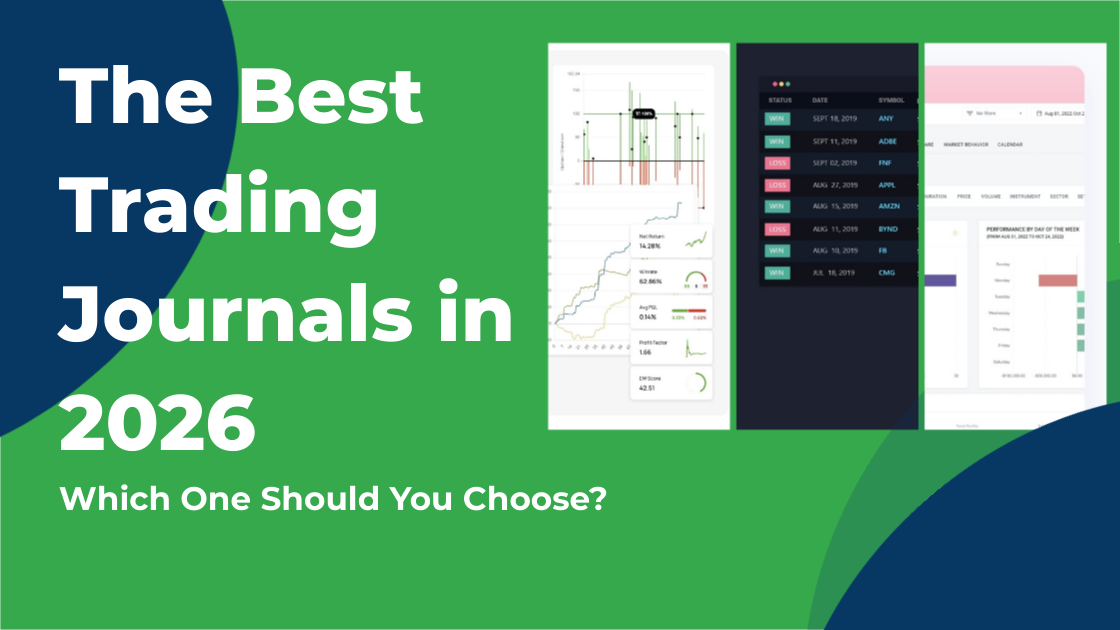Supply and Demand Trading in 2026
We have been trading supply and demand strategies for over ten years, and they have stood the test of time remarkably well. Supply and demand is...
 Yesterday, after the SNB scrapped the peg all CHF based currency pairs experienced price moves never seen before. Besides an 11% gap down within seconds, the EUR/CHF lost 19% of its value due to the soaring Swiss Franc within hours. If you have been following social media, trading forums or the newspapers today, you could read horror stories where traders lost all their net worth and even ended up owing money to their broker because losses exceed their trading accounts. Additionally, some of the biggest brokers took huge hits, facing losses in the hundreds of millions and are now dealing with insolvency issues.
Yesterday, after the SNB scrapped the peg all CHF based currency pairs experienced price moves never seen before. Besides an 11% gap down within seconds, the EUR/CHF lost 19% of its value due to the soaring Swiss Franc within hours. If you have been following social media, trading forums or the newspapers today, you could read horror stories where traders lost all their net worth and even ended up owing money to their broker because losses exceed their trading accounts. Additionally, some of the biggest brokers took huge hits, facing losses in the hundreds of millions and are now dealing with insolvency issues.
There are three important lessons to learn for you as trader from these events that could save your trading career and your personal financial future.
Higher leverage can result in losses that could exceed your initial deposit.
Every broker will show you their own risk warning when you sign up, but did you ever fully read them? Most traders don’t and when they read the newspapers today quoting traders who went from $ + 100,000 to $ – 50,000 within minutes do not understand how this is possible.
If you were long the EUR/CHF yesterday before the announcement and not able to get out of your position, even though you used a stop loss (see next point), the price went hundreds of pips against you. If you combine these immense price moves with high leverage and position sizes that are ‘too big’, your account can easily lose all of its value and then some.
Always keep in mind that you are not only trading with the money that you have deposited into your trading account, but your whole net worth is on the line. Therefore, use appropriate risk and leverage. Oanda illustrates nicely that with a 50:1 leverage the margin calls are 13 times higher than when trading with a 10:1 leverage.
Have you ever read the fine print in your broker’s terms and conditions? It usually says something like this:
A regular stop loss does not protect you and does not eliminate trading risk. When price reaches your stop loss, your order is closed. In case of slippage and price gaps, the price your stop loss is executed at can be substantially worse than the actual stop loss order.
What this means is that under ‘normal’ circumstances, your stop loss order will work just fine. But when an unexpected piece of news hits the market and price creates gaps, your broker cannot guarantee that your stop loss is actually being executed where you set it. In the light of yesterday’s example, your stop loss might have been executed hundreds or even thousands of pips later, after the trade has wiped out your whole account. For some traders, their account balance turned negative where they have to deposit additional funds to compensate for their losses.
Some brokers offer guaranteed stop losses where they will always execute your order at the price you set it to. One such company is the IG Group, which is now facing losses in the tens of millions because the prices they executed their customer’s stops at where substantially worse than what they got for their own hedges.
Segregation of funds means that brokers offer a protection of your trading capital. This means that customer funds are kept separated from the assets and the capital of the broker itself. In case of insolvency, or bankruptcy, the segregated accounts and customer funds have a preference. However, your funds will usually not be protected 100% – different brokers offer different levels of recovery amounts. Therefore, before choosing a broker you should first check whether the broker offers segregated accounts at all and to which extent you can get your money back in case of financial turmoil.
The take away message from yesterday’s market move is that at any point in time anything could happen in the markets. And even if it is not your mistake, you can find yourself in a very uncomfortable spot. Your first duty as a trader is, therefore, to make sure that no single trade can mean the end of your trading career. Whether you minimize the risk with less leverage, choosing a broker that offers guaranteed stop losses or segregation of funds is up to you, but you have to be aware of the possible ways to protect your capital. And second, you should not completely rely on your trading performance to be able to put food on the table. Trading can be used as a great side income or could even be the major portion of your regular income, but finding other ways to generate income will take away the psychological pressure and protect you from financial bottlenecks or personal insolvency problems in case of unexpected events.

We have been trading supply and demand strategies for over ten years, and they have stood the test of time remarkably well. Supply and demand is...

3 min read
Choosing the right trading journal is essential for traders wanting to analyze performance, refine strategies, and improve consistency. In this...

3 min read
“95% of all traders fail” is the most commonly used trading related statistic around the internet. But no research paper exists that proves this...
